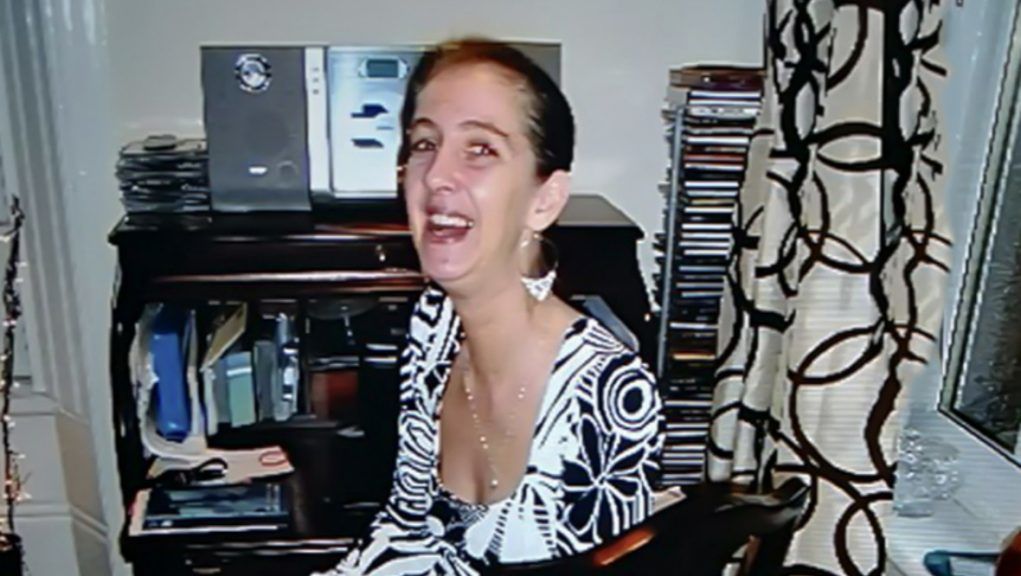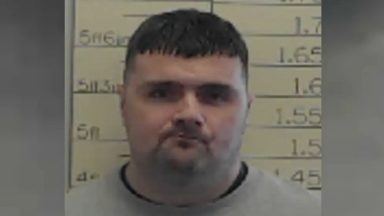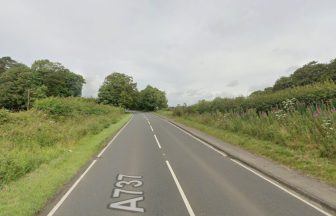The family of murdered Paisley woman Patricia Henry say prolonged court delays left them “in limbo” while her killer was free to walk the streets.
Patricia, known to friends and family as Patti, vanished from her flat in Girvan, South Ayrshire in November 2017.
Following a large-scale police investigation George Kenneth Metcalff, her neighbour, was found guilty of the 46-year-old’s rape and murder in July 2019.
For years, the family awaited a trial that was repeatedly delayed.
Despite the overwhelming evidence against Metcalff, he was released on bail during the Covid pandemic, leaving the family feeling vulnerable and tormented.
“It was torture, absolute torture,” Patti’s cousin Jacci Macarthy told Scotland Tonight.
“We were living in limbo, with no idea what had happened to Patti while he was walking the streets.
“Knowing he was out there, walking free, while we were grieving was unbearable. It added another layer of trauma to an already devastating situation.”
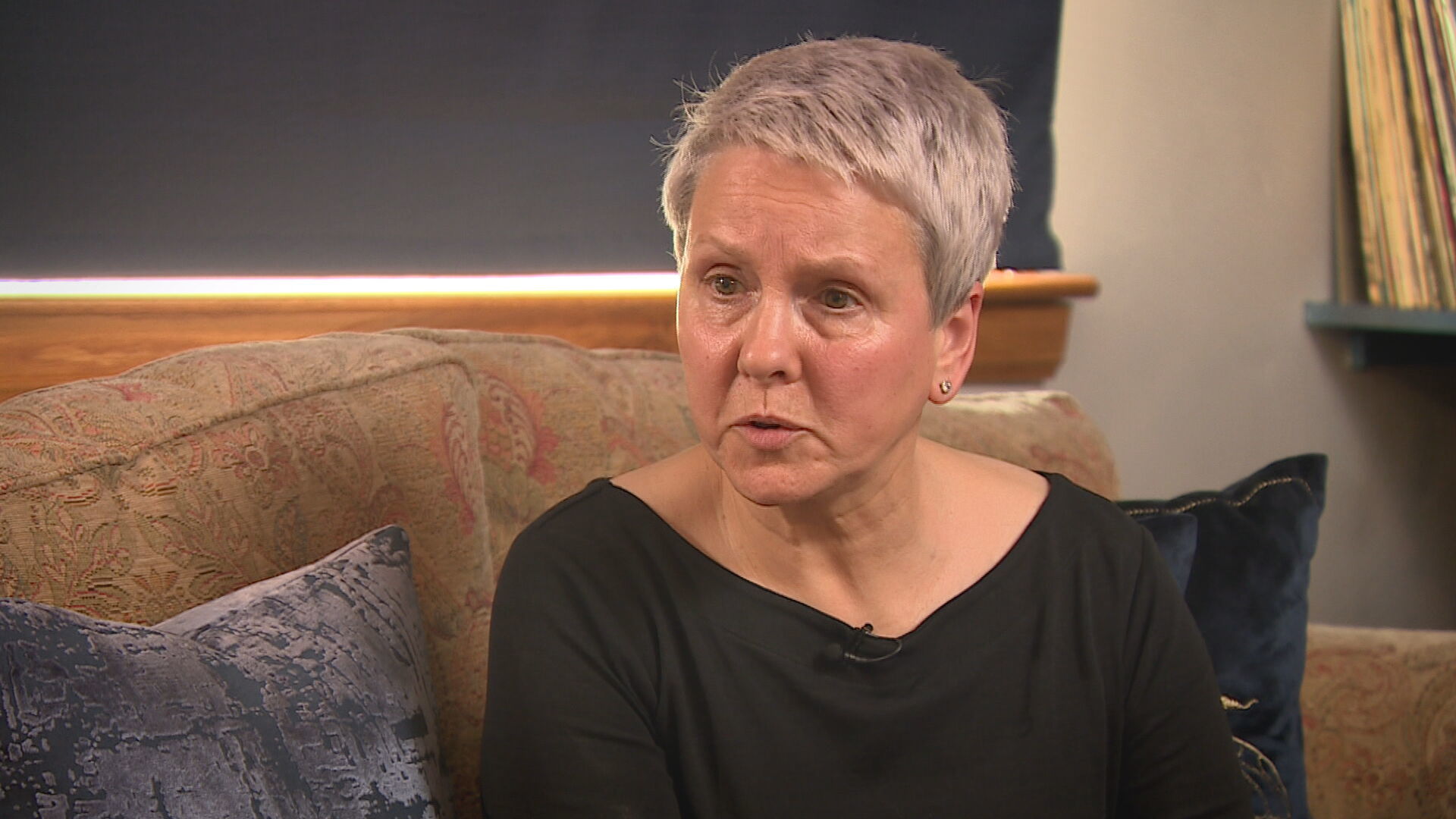 STV News
STV NewsAfter two-and-a-half years of waiting, the trial finally began in October 2021.
However, the family faced the harsh reality of sharing space with Metcalff in court, a situation they felt was unjust for victims and their families.
“To have to walk into court side-by-side with him was despicable. It should never happen, especially in such serious cases. That was very difficult, especially in such a serious case as this – murder, rape, sexual assault.
“Family members or victims should never have to stand next to their accused in court. It should never happen, Covid or not. It’s despicable.
“There were days when Metcalf walked about with his family as if he didn’t have a care in the world, while we were struggling emotionally, our feelings all over the place.
“Meanwhile, he was out for lunch with his family, laughing and enjoying themselves while we were devastated.”
Jacci emphasised the need for reforms within the justice system to address the emotional strain caused by prolonged judicial processes.
“The system has to recognise the impact of these delays on families like ours. It’s not just about the trial; it’s about the people left behind, waiting for answers,” she said.
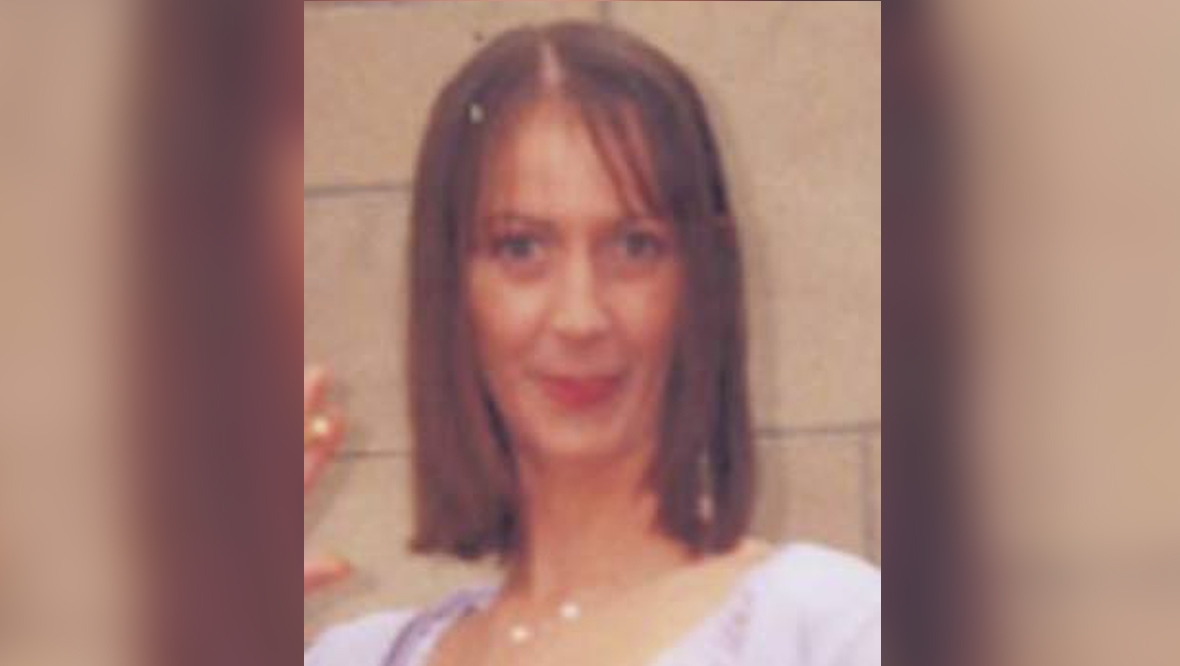 Police Scotland
Police Scotland“The trial was supposed to occur much earlier, but we faced constant delays. We received numerous phone calls from the High Court informing us that it had been postponed. There were various first diets, second diets, and different hearings.”
Jacci said the wait for justice was “absolute torture” for the family.
“Telling Patti’s mother Annie, and the wider family that it had been postponed again was heart-breaking,” she said. “We had no idea what had happened to Patti, and this man was walking the streets.
“During that time, I understood to a certain extent that you wouldn’t want someone accused of murder to catch Covid.
“He was an older man, and the last thing our family wanted was for him to become unwell or pass away before we had a chance to face him in court and get justice for Patti. So, to a degree, I understood that, but not for the length of time we were in limbo.”
Jacci also feared the other women who had come forward would withdraw from proceedings due to delays.
“We were aware of the other victims – women who suffered domestic abuse, violence, and sexual assault [at the hands of Metcalff].
“We feared that these women might say, ‘I can’t do this anymore,’ given the length of time they had to wait to give such horrific evidence in court.
“We were continually put off, and I understood it was an unprecedented situation – we’d never experienced anything like this before.
“It just went on and on.”
Metcalff died aged 74 at HMP Barlinnie on August 30, three years into his 23-year sentence. He never revealed to Patti’s family what he did with her remains.
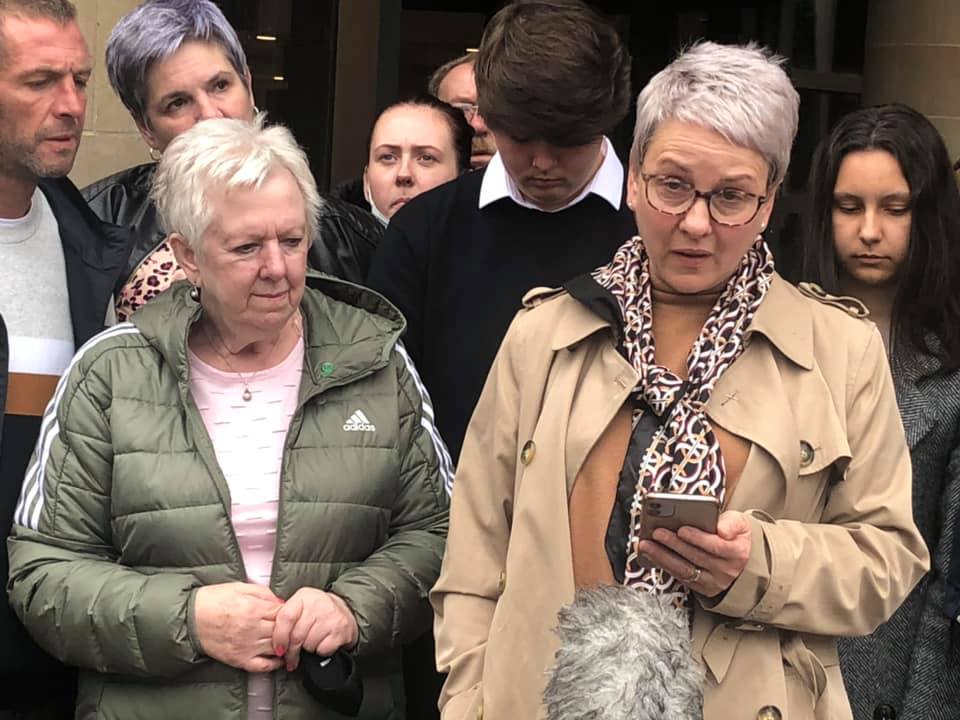 STV News
STV NewsJustice Secretary Angela Constance said: “I recognise that any delay for any victim or witness is unsatisfactory. We want the justice system to work for everyone—everyone whose life is touched by the justice system.
“The Scottish Government is continuing to work very hard with our justice partners to deliver significant reform programmes. This has been underpinned by £180m in investment, and it is having an impact.
“The system, as expected, is still recovering from the COVID-19 pandemic. Justice agencies were always very clear and transparent that it would take several years. But we also know that the demand – particularly in terms of what’s going through the Crown Office regarding prosecutions based on cases that the police are pursuing -is resulting in a new level of increased demand on our court system.
“From the peak number of outstanding trials – when that was in excess of 40,000 – we’ve seen a 46% reduction, which is to be welcomed. There is, of course, more to do. The sheriff and jury trials are almost where we would now expect them to be regarding the progress we need to make in terms of summary court cases that will be processed over the year 2024-25 but because of the new level of demand on the High Court, the High Court won’t return to the anticipated number of outstanding trials until 2026.
“We have shifted resources and put more resources into creating more trial capacity, particularly in High Court trials, because that’s where we see the most serious cases, and that’s where we would expect victims to have experienced the most harm as a result.
“I’m not denying for one minute that there is more progress to make. That’s why initiatives such as the digital evidence-sharing capability are a global first for Scotland. That’s why the new innovations around summary case management are essential, because they are all about ensuring that cases can be resolved earlier. We are seeing progress in parts of the country that have been trailblazing in terms of these initiatives.”
Watch the full report, Scotland Tonight Spotlight: Waiting for Justice on the STV Player.
Follow STV News on WhatsApp
Scan the QR code on your mobile device for all the latest news from around the country


